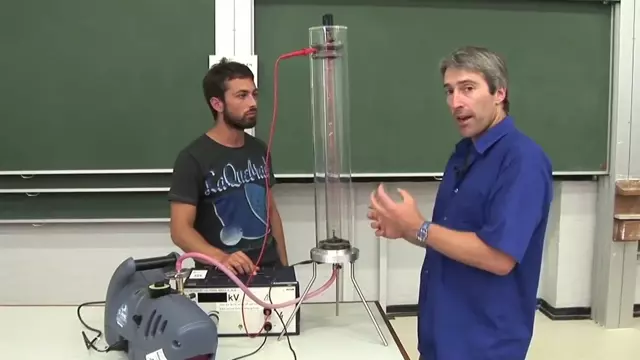2011-02-01
[public] 391K views, 7.38K likes, 63.0 dislikes audio only
In the mid 1800's scientists successfully passed an electric current through a vacuum in a glass tube. They saw a glow from the tube that seemed to emanate from the negatively charged plate called the cathode. Since scientists didn't know what the glow was they called it a cathode ray. There was debate over whether the cathode ray was a wave phenomenon like light or a stream of negatively charged particles. JJ Thomson effectively resolved the debate in 1897 by performing a clever experiment that determined the charge to mass ratio of the particles making up the cathode ray. He also showed that this same particle was in all different cathode materials so it must be a constituent common to all atoms. This changed our understanding of the atom from the previous billiard ball model to Thomson's plum pudding model of the atom.

